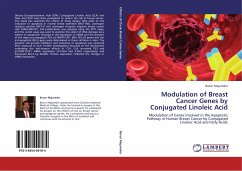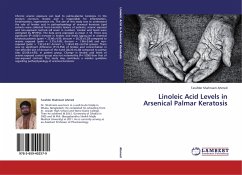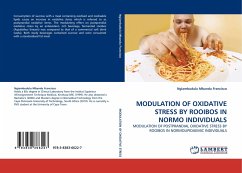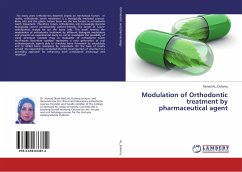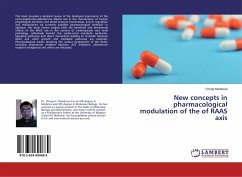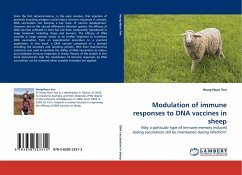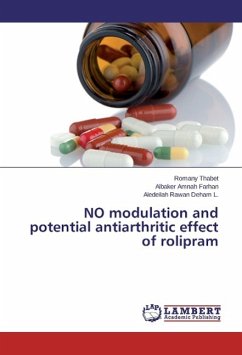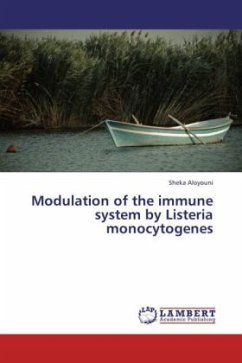Dietary Eicosapentaenoic Acid (EPA), Conjugated Linoleic Acid (CLA) and Oleic Acid (OA) have been postulated to reduce the risk of breast cancer. This study has examined the effects of these dietary fatty acids on the induction of apoptosis in normal breast epithelial (MCF-10A), oestrogen receptor positive (MCF-7) and oestrogen receptor negative breast cancer cells (MDA-MB-231).Cell proliferation was assessed using the MTT assay, and the comet assay was used to examine the extent of DNA damage (as a marker of apoptosis). Changes in the expression of mRNA and the proteins of the major pro-apoptotic P53, p21WAF1/CIP1, BAX, BCL-XS genes and the anti-apoptotic BCL-2 gene were determined in these cell lines in vitro. The greatest cell growth inhibition and induction of apoptosis was observed after exposure to CLA. Further investigations focussed on the mechanisms underlying the anti-tumour effects of CLA. CLA increased P53 and p21WAF1/CIP1 mRNA expression (3-5-fold and 2-fold respectively) and decreased BCL-2 by 20-30%. Protein expression reflected the changes in mRNA expression.
Bitte wählen Sie Ihr Anliegen aus.
Rechnungen
Retourenschein anfordern
Bestellstatus
Storno

